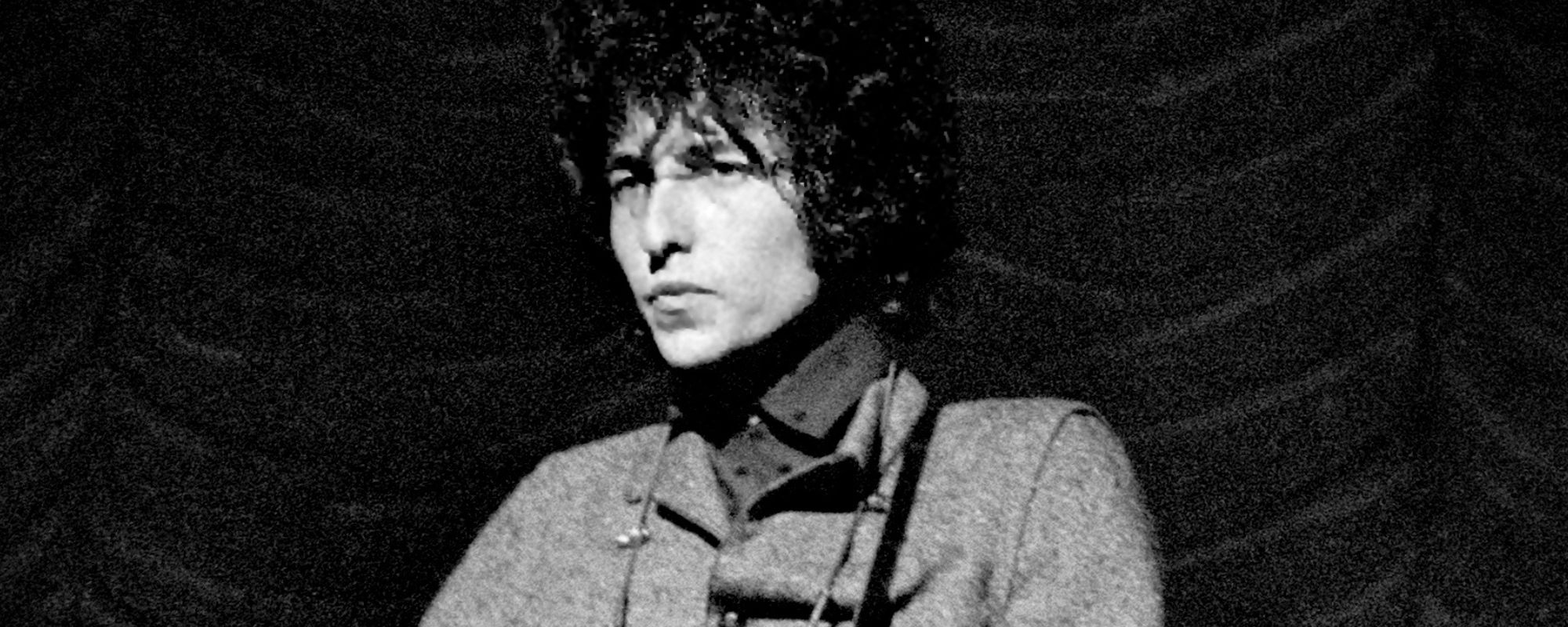As we look back through the different months in music history, we tend to see at least multiple undeniable classic albums from each 30-day (or so) period. March 1970 might not quite be able to say that, as there’s really only one album released during that period that was lauded at the time and has seen its music remain quite relevant.
Videos by American Songwriter
But that doesn’t mean there weren’t any more goodies in store. Beyond that classic, which comes up first on our list, the other four albums here all have a lot to offer. Even if you might not call them classics (then again, some certainly would), they’re worth another listen.
Déjà Vu by Crosby, Stills, Nash & Young
As if their debut as CSN wasn’t fine enough, the supergroup decided to gild the lily by adding Neil Young to the mix. Aside from the obvious draw of the vocal blend, what’s fascinating about this record is how the songwriting characteristics of each member shine. There’s Stephen Stills, bluesy and introspective (“Carry On,” “4 +20”), Graham Nash, sweet and sentimental (“Teach Your Children,” “Our House”), David Crosby, defiant and quixotic (“Almost Cut My Hair,” “Déjà Vu”), and Young, idiosyncratic and piercing (“Helpless,” “Country Girl”). They were as combustible together as they were individually talented. Déjà Vu was the one record where they hit on all cylinders.
Psychedelic Shack by The Temptations
You have to give credit to the Motown braintrust for trying something new as the more genteel sounds of the label’s classic era started to fall out of favor. At times, however, Psychedelic Shack seems like an overcorrection. Granted, the force and inventive arrangements within the music, wonderfully played by The Funk Brothers, anticipated the funk movement that would soon catch fire. That also meant losing some of the melodic elegance that also classified both the label and this group in particular. Still, It’s nice to hear the lead vocals being traded off with such dexterity, and “You Need Love Like I Do (Don’t You)” combines the musical thrills with sharp lyricism.
Vintage Violence by John Cale
Cale’s somewhat fractious relationship with Lou Reed while he was a member of The Velvet Underground fed into the brilliance of that band’s first few records. It also meant his time in that group was doomed to be short-lived. When Cale went solo, he came out with something quite the opposite of what most people expected: a kind of singer/songwriter album shot through with delicacy and melancholy. While Cale would later write off Vintage Violence as a rough first go and subsequent albums like Paris 1919 would get more attention, this LP is quite lovely, with songs like “Gideon’s Bible” and “Big White Cloud” subtly achieving magnificence.
It Ain’t Easy by Three Dog Night
These guys were never bound for a ton of critical respect, if only for the dubious reason that they focused on covering the songs of others rather than writing their own. But they had a knack for finding quirky gems from top songwriters and making those songs their own. The most obvious example on It Ain’t Easy is their hit spin of Randy Newman’s “Mama Told Me (Not to Come),” which is enlivened by the surging harmonies and Chuck Negron’s wheezy cough of a lead vocal. This album also sneaks in a surprisingly tender take on Elton John’s “Your Song” and the back-to-nature rambler “Out in the Country,” which became another big hit for a band that scored a lot of them.
First Step by Faces
Faced with the defection of two key members including their lead singer, the Small Faces, instead of packing up their tents, rebranded themselves and welcomed in some fresh talent: Rod Stewart and Ronnie Wood. Not a bad call. But it took them a while to find their groove as a recording entity. First Step is aptly titled, because you can hear the band trying to work their way into who they wanted to be. Originally, they skewed more hard rock, which wasn’t necessarily a bad thing as their thunderous take on Bob Dylan’s “Wicked Messenger” shows. On “Nobody Knows” and “Three Button Hand Me Down,” the band starts to hit on the slightly shambolic but wonderfully soulful groove that would later become their calling card.
Photo by Tom Copi/Michael Ochs Archives/Getty Images







Leave a Reply
Only members can comment. Become a member. Already a member? Log in.